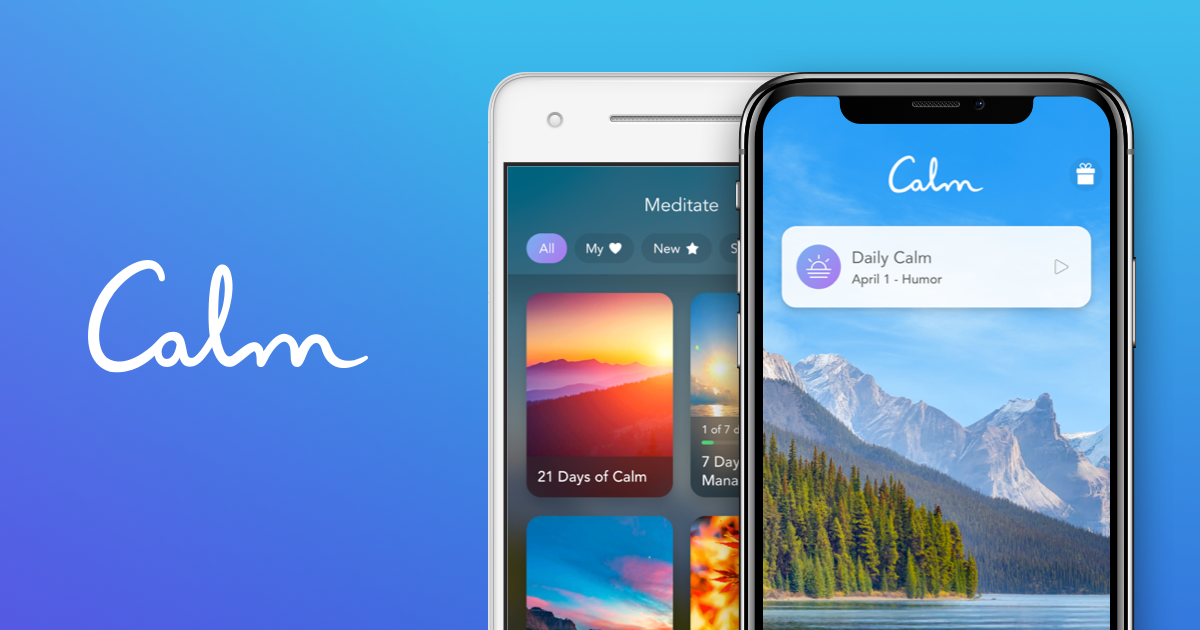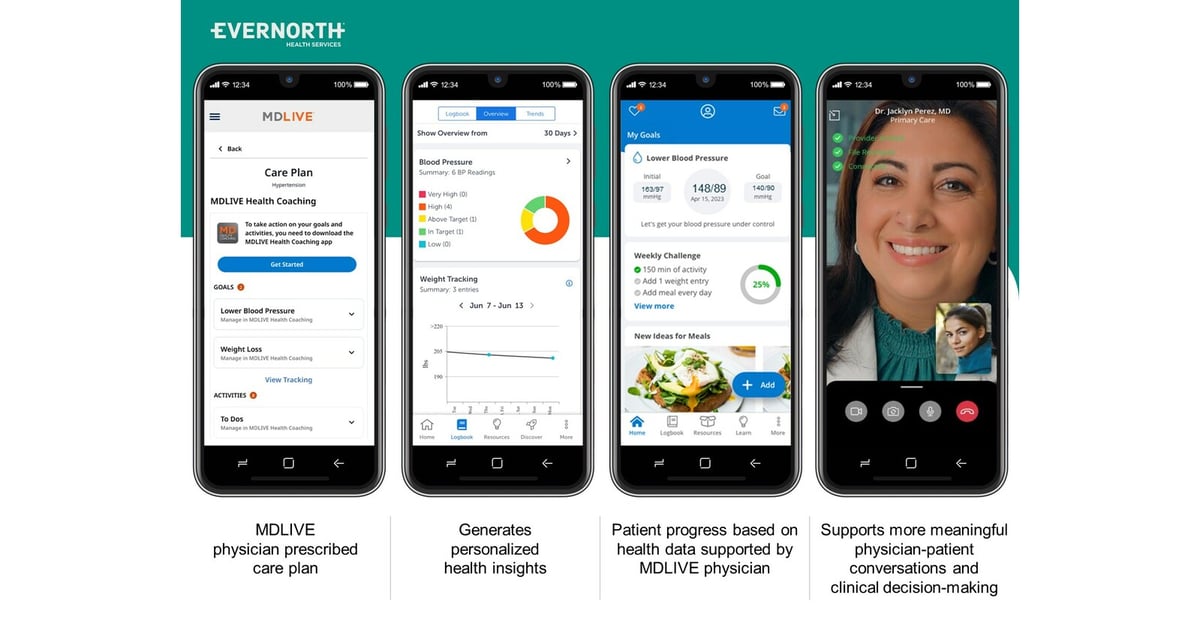According to a Johns Hopkins medical study, 1 in 4 Americans suffer from a diagnosable mental disorder in a given year. At this point, we likely all know someone who’s been affected and this has led to more and more people talking about mental health—the signs, the consequences and what people can do to help.
This a giant step in the right direction but unfortunately, the fact of the matter is that this issue will likely never be truly eliminated—however, we can continue to work together to get better at dealing with this problem.
Contrary to what you may think, we believe giving people more time off can help improve productivity, communication and general alignment within your team.
But first, what do mental health conditions in the workplace actually look like? How does it affect employees and their employers? And how are people combating this problem?
We’ve got it all covered.
Mental health in the workplace
Poor mental health can affect nearly every aspect of a person's life. It typically starts to become clear to others in their personal lives but can quickly become evident in their professional setting as well.
With more and more people working from home, it’s easy for boundaries to become blurred. People are working more hours, experiencing mass layoffs and struggling to keep up with inflation.
You don't need to celebrate World Mental Health Day every year to know that people are struggling. The World Health Organization estimates that 12 billion working days are lost every year globally to depression and anxiety which costs companies $1 trillion USD per year in lost productivity.
Mental health problems can arise in many different ways throughout the workplace but unlike issues with physical health, the warning signs may be hard to spot.
Some people struggling may simply need extra time off to mentally reset, which is a low-lift, inexpensive solution to the problem in the grand scheme of things.
But for others, finding solutions and recognizing the signs may not be as simple.
A high-performing employee struggling with mental health issues may be able to maintain their goals and productivity levels for a certain amount of time but will eventually burn out.
The key to mental health initiatives is being proactive and supporting your team before they hit this inevitable breaking point.
It’s very important to remember that mental health affects people very differently and there are no all-encompassing solutions to the problems they present.
The only way to truly make a difference in people's lives and find the right resources for your team is to stay open-minded, be proactive and constantly reevaluate what works best for you and them.
How mental health affects employees
When it comes to the actual day-to-day operations, it’s common to get caught up in your work and miss the signs that someone is struggling—oftentimes until it’s too late.
In many cases, it might not be clear that members of your team are struggling with mental health. That's why it's so important to build a culture around transparency and trust.
That said, there are some telltale signs you might have workers grappling with mental illness, isolation or withdrawal.
Here they are:
Absenteeism
An employee with an increase in unexplained absences from work and/or social work gatherings may be a sign of struggling with mental health.
In 2015, the CDC reported that productivity losses linked to absenteeism cost employers $225.8 billion annually in the United States, or $1,685 per employee.
Mood shifts
This may be harder to gauge with a new employee or team member you’re not as familiar with but if you notice a major shift in the mood of an employee, this may be a symptom. Changes in their overall demeanor, being easily irritated or sporadic mood changes could all be signs someone is struggling, according to HelpGuide.org.
Poor habits
Poor eating and sleeping habits may be a sign someone is in need of mental health support. Similar to mood shifts, this may be hard to properly gauge but if you hear of someone struggling to eat or sleep well, it may be a sign.
Gauging these changes in a professional setting may be hard to read but staying on top of these warning signs could help make things easier for your team.
How mental health affects employers
If people within your organization are struggling with mental health—that means your organization is struggling. The problems mental health issues bring to the workplace may not become evident right away but will come to light eventually.
The three main pillars that these issues will directly affect would include:
Productivity
A team member struggling with their mental health simply cannot operate as effectively and efficiently as if they were not struggling. They may be able to maintain a certain level of productivity for a short period of time but these efforts will not be sustainable.
Eventually, they will lose their motivation, confidence and willingness to prioritize their team.
Some reports say happy employees are 13% more productive.
Retention
An under-resourced employee will quickly jump ship for a more sustainable work environment the second an opportunity arises. Providing the right resources at the right time is the only way to ensure your team isn’t looking for greener pastures.
Modern Health reports that 79% of employees are willing to stay longer at a company that offers mental health resources.
Recruitment
Word of mouth is a great way to gain exposure as a company. It’s free, typically happens pretty fast and doesn’t require any effort from your team. However, word of mouth can also carry negative sentiments amongst those potentially applying, should your company's reputation be jeopardized.
Some studies suggest that seven in 10 adults believe employers should offer mental health resources.
Mental work days
The right mental health resources may look different depending on the company or industry you operate in—but the key to providing the proper help for your team starts with awareness.
The employees struggling with mental health can be your biggest asset when it comes to solving the problems caused by this issue. Their feedback can help ensure you know what works and what doesn’t.
A simple solution that every company should do is offer mental health days. Like a personal sick day, offering mental health days to your employees should allow them to decide whether or not they’re well enough to come to work.
Let your employees take a mental health day and see what happens. A mental health leave can do wonders for employees.
Fortune’s top 100 companies to work for saw their productivity nearly double in 2022 and have all made mental health resources standard.
Culture
Focusing on an accepting, open culture in your workplace is a great way to start building the foundation. Creating an environment where your employees feel safe and heard will make dealing with things like mental health much easier should those problems ever arise. As an employer, you need to be the one to set the tone of your culture and you should do it as early as the interview process.
Once you’ve built a strong company culture with your team and they know where to go for help, whether that be HR or directly to you, they can start to feel more comfortable reaching out to get the direction they need.
Benefits
As you build up the culture that you want to see at your company every day, you should also be on the hunt for the right benefits and resources to support your team.
A common misconception about valuable resources is that they’re always expensive, which isn’t quite true. Shopping around online and looking through the savvy benefits available may shock some people.
Here are some of our favorites:
Calm
Calm has been making quite the name for themselves in the mental health space as of late. They're an industry-leading solution designed with your employees in mind. They focus on improving productivity, workplace engagement, and overall well-being. Most famously known for its sleep and meditation app, Calm also offers solutions tailored to different businesses.

Betterhelp
Betterhelp is considered one of the top mental health benefits and boasts a massive network of thousands of partners. Established in 2013, Betterhelp has helped support millions of individuals and hundreds of businesses by providing clinically proven and evidence-based results for companies seeking to improve employee wellbeing.
![]()

ZayZoon
It may not be your traditional mental health resource, however, ZayZoon and other Earned Wage Access providers do aim to alleviate financial stress, which can have a massive impact on mental health.
78% of employees surveyed said the availability of EWA motivates them to perform and be more productive at work.
With ZayZoon, you can offer many financial benefits that your team will find extremely valuable—and at no cost to you.
Evernorth
Evernorth is a great company that offers many different health-related resources. Their mental health solution, inMynd provides your employees access to expert guidance and support for anxiety, depression, and insomnia.

Embracing mental health: the vital role of mental health days at work
The days of pretending like mental health issues don’t exist are long gone. At this point, mental health struggles have affected us all either directly or indirectly. The first step to solving any of these problems is to embrace your mental well-being and all the good and bad that may come with it.
Don’t let your business's bottom line be affected. An employee assistance program may not be as expensive as they seem.
Being proactive about mental health, building a culture that embraces it and providing your team with the right resources is the only true way to address this epidemic.
Not only will it improve your bottom line but if done properly, it will provide true happiness to the people that you care about and help make your business a success each and every day.







